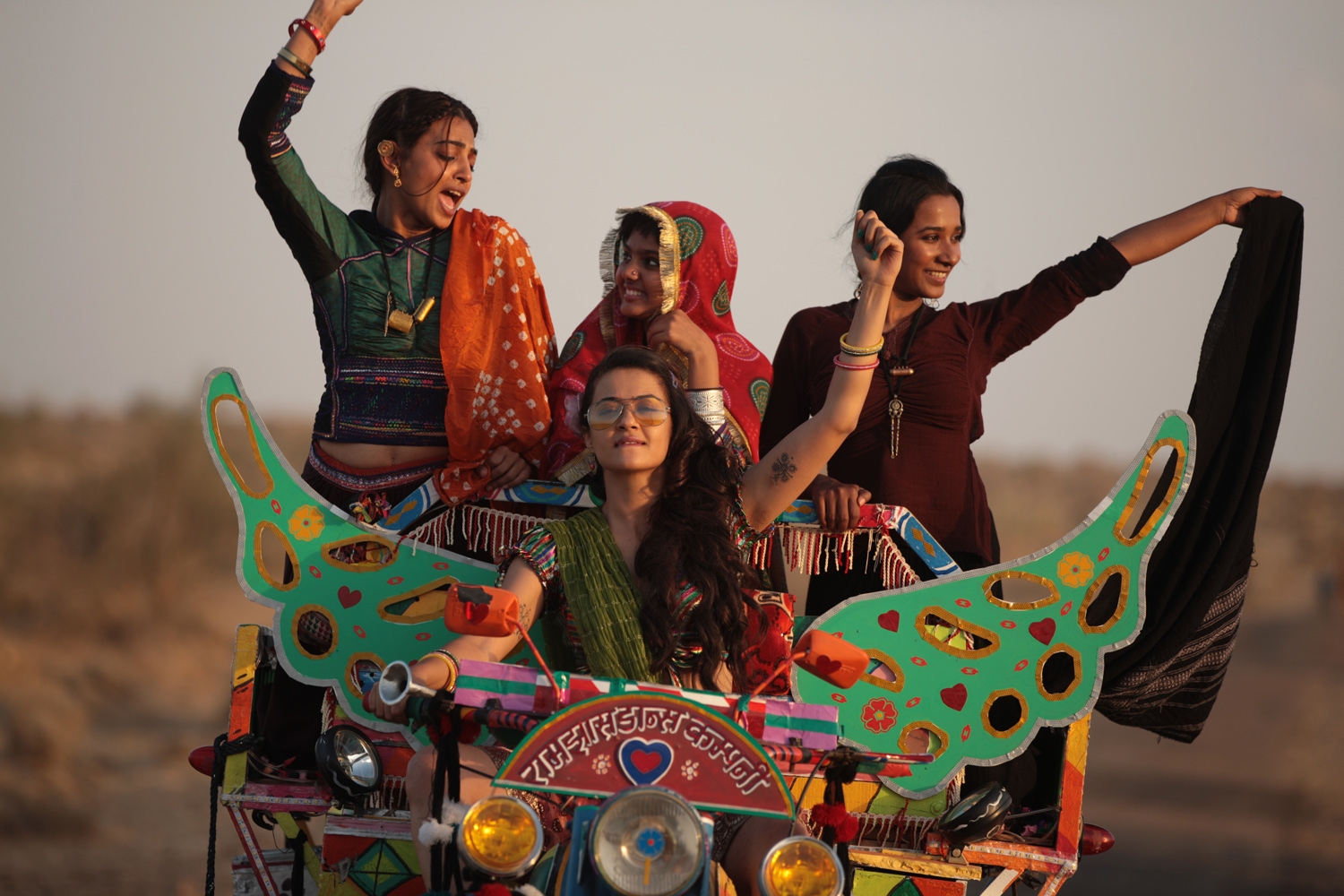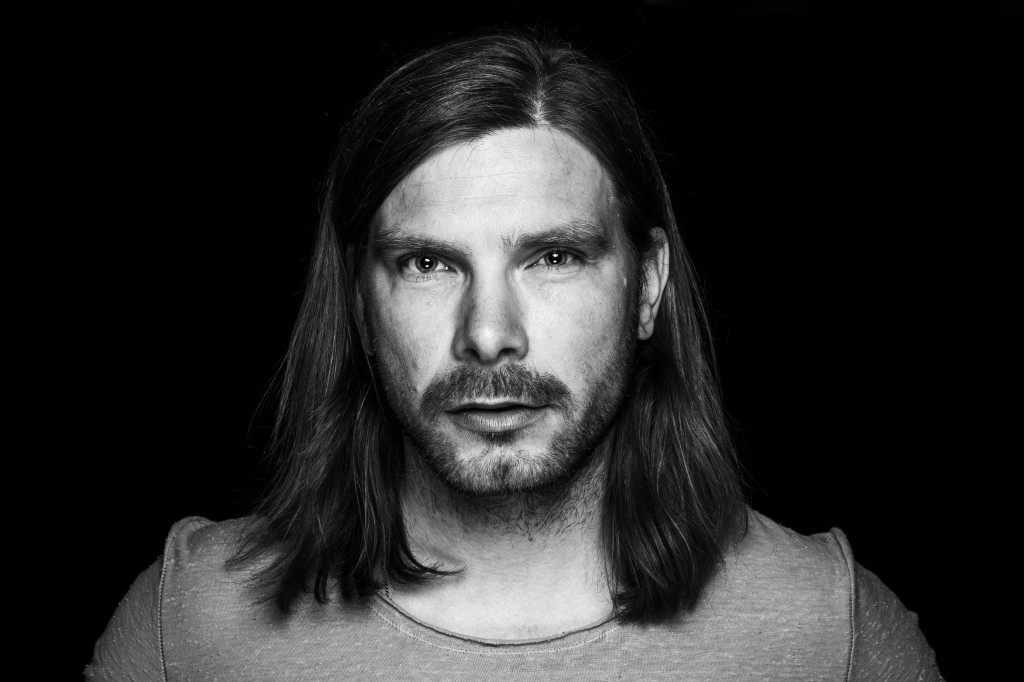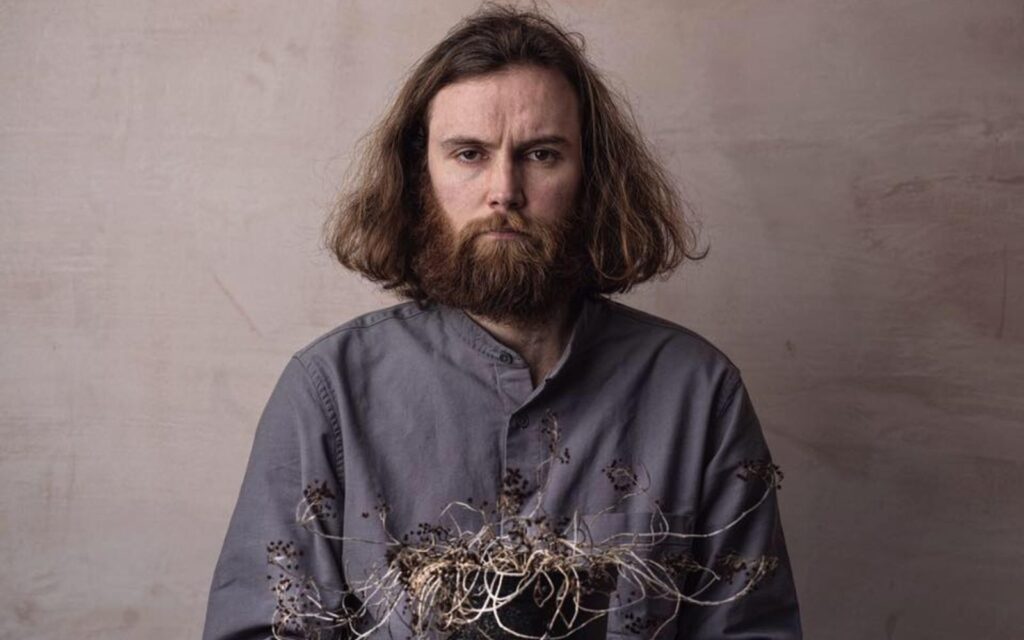Bhowmick Lange is well placed to bridge any gap, not only by virtue of her involvement in the film industry, but also because she knows Australia like the back of her hand. Bhowmick Lange moved to Melbourne from India in 2002 and picked up work as a location scout, initially for the much loved Bollywood rom-com Salaam Namaste (also the first Indian movie to be filmed entirely in Australia), followed by other productions.
“It was pretty much a dream job,” Bhowmick Lange says. “It kept my ties to Indian life, but I was providing local productions with support. It gave me a chance to see a lot of Australia, including the outback, and regional Victoria and New South Wales. For instance, the director might have wanted a dream house where one door opened to the sea and another door opened to a forest, so we went everywhere. It was a great opportunity to know Australia and an opportunity to make long-lasting friends; it’s hard when you come from another country.”
Bhowmick Lange stepped it up further when she started Mind Blowing Films in 2009. In particular, it was when she was screening Indian films for distribution that the idea for an Indian film festival first dawned on her. “We used to see a lot of second generation Indians who would bring their Australian partners and friends to watch their films. Clearly, there was a lot of curiosity about Indian cinema, so that’s when it courted to us that it would be a good idea to package some of the best films together and put a festival together,” she says. Good as her word, Mind Blowing Films partnered with Film Victoria and has been bringing IFFM to Melbourne audiences since 2012.
Bhowmick Lange’s abiding love for and immersion in Indian cinema seems as natural to her as breathing. “I think some things you just have a natural interest for,” she says. “Our whole family is book and film mad. We have big debates and arguments about films that we’ve watched and the books that we’ve read – we take all of the characters very seriously. It’s always been in the family. None of us have any passion for jewellery, houses and cars. The only thing we brag about is who has watched what film and read what book first.”
The theme for this year’s IFFM is female empowerment. It’s a natural thread for Bhowmick Lange to run throughout the festival, starting with the opening night film Parched, a beautiful and uplifting movie about gender inequality, all the way through to the festival’s close with Angry Indian Goddesses, a Hindi all-female buddy movie. In the middle, there are panel discussions about women in cinema – with an expert lineup including Sue Maslin, the producer of the Dressmaker, and Parched director Leena Yadav – and a master class about Bollywood and body positivity with Richa Chadha, who Bhowmick Lange describes as one of India’s “edgiest actresses”.
She is also a great supporter of women in the arts. “To be honest, if you come to our office, we are all women here. It’s a bit scary sometimes,” she jokes. “It’s a great energy and we talk about films and issues. It sounds like a cliché, but we do really believe that arts can bring about a lot of change. Not overnight, but it starts to condition people by creating an awareness. And there are so many beautiful films coming out of India now with female protagonists – it was a very obvious decision for us to make. We want to start a discussion that should help women feel more comfortable in their own skin, more empowered and free to choose the path that they want to.”
Over 11 days, this year’s IFFM program falls under five banners: Master Strokes, Hurrah Bollywood, Beyond Bollywood, From the Subcontinent, Film India World and shorts and docos – all of which go a long way towards smashing the notion that Indian cinema is just a non-stop musical.
“It’s still a commonly held misconception, but it is changing” Bhowmick Lange says. “I feel that this is the most exciting time for Indian cinema, because we still have beautiful, traditional, mainstream Bollywood films with 150 dancers at any given time in the background, very uplifting and escapist, but at the same time we have all of these exciting new voices who are making edgy and interesting films, that offer something new.”
BY GEM DOOW







